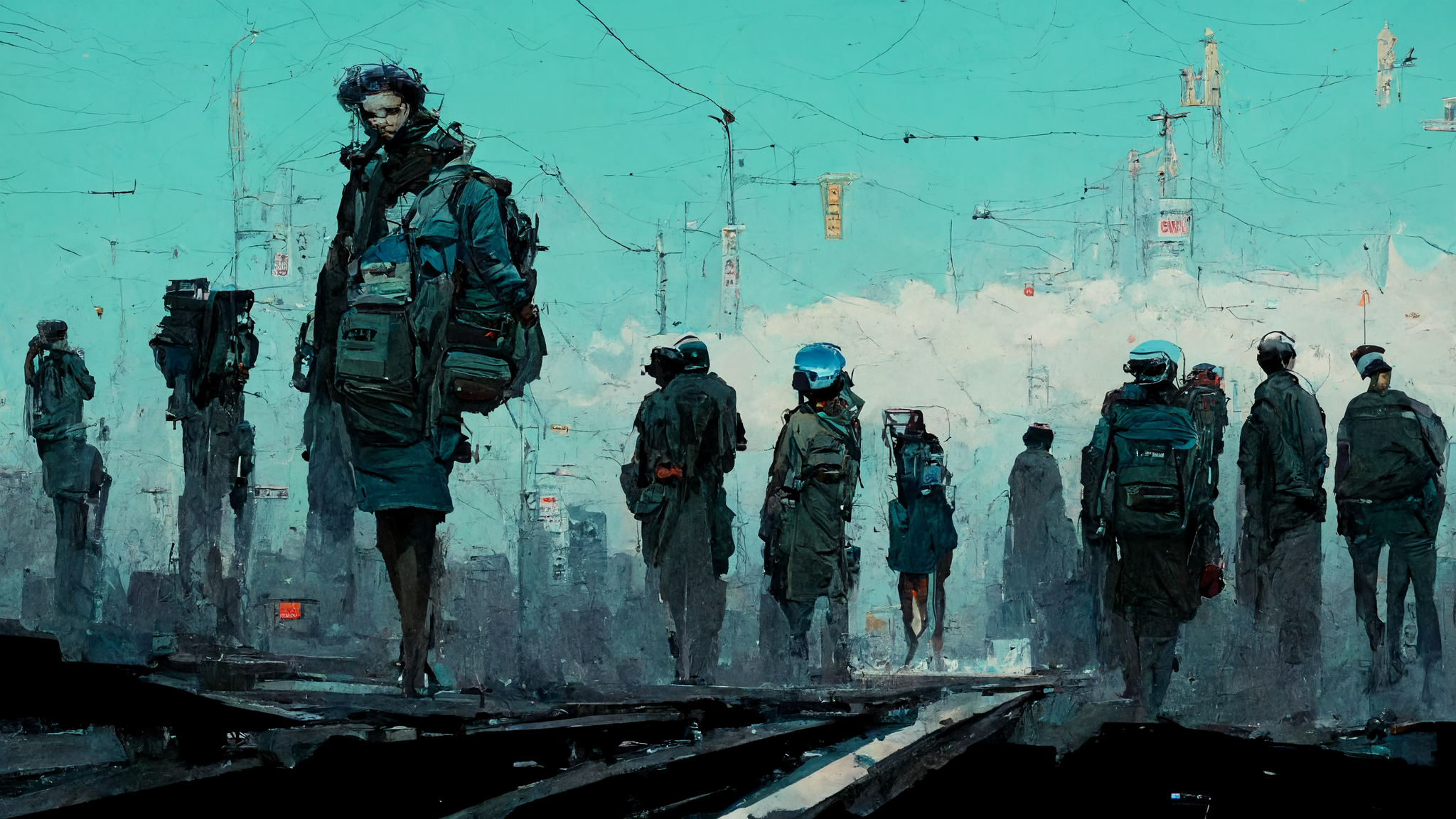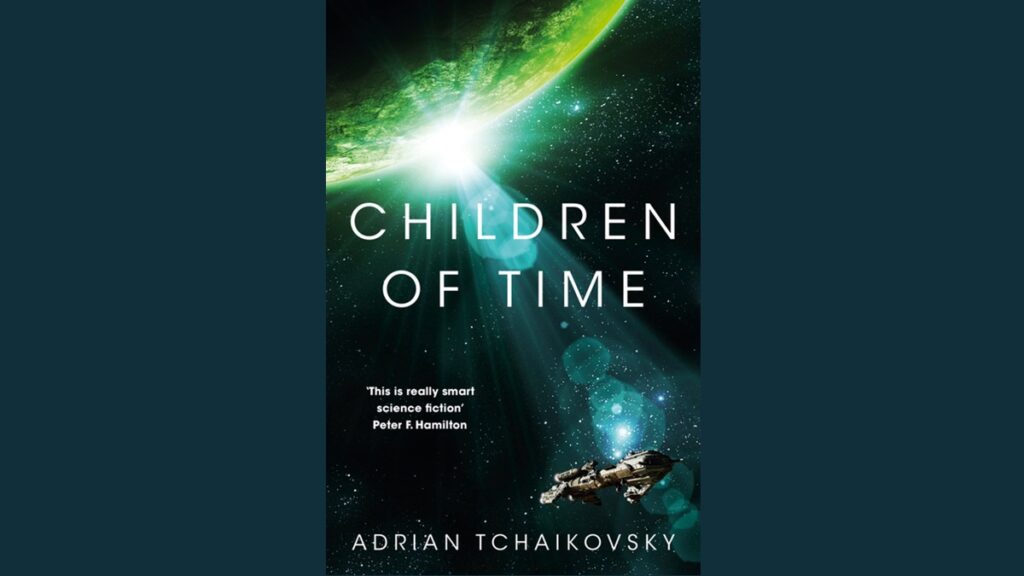Originally published in 1972, Roadside Picnic is one of the top 50 first contact books, according to Goodreads. Set in an alternate world after a group of aliens, known as “The Visitors” have briefly visited Earth and departed, the novel explores the consequences of their mysterious visit. Those random zones that those aliens stopped by were filled with strange yet dangerous phenomena, as well as peculiar artifacts left behind by them. Stalkers, individuals who illegally venture into the Zones to retrieve these valuable objects, make the central focus of the narrative. The protagonist, Redrick “Red” Schuhart, is a stalker.
The setting sounds familiar to you? You might be right!
S.T.A.L.K.E.R., a critically acclaimed first-person shooter survival horror video game franchise, developed and released by Ukrainian game developer GSC Game World back in 2009, is loosely based on this science fiction masterpiece. For movie lovers, you might also have seen (or even heard about) the movie Stalker by Andrei Tarkovsky, one of the greatest directors in cinema history.
What I like about this book is that the Strugatsky brothers never showed the aliens in the story. It is a post-first contact story, so it’s understandable that we see the aftermath and the social implications of the alien visitation.
The story is about how insignificant we humans are in this vast universe. Every explanation for strange phenomena is a way for us to make sense of our world, but it is not exactly accurate. It is terrifying to know that something is beyond our knowledge.
We cannot comprehend the secrets behind alien technologies, but we use them in our daily lives. An allegory of how people perceived technology back in the day (or even in current days). Most of us do not fully understand how technology works, but we still use it anyway. This may or may not affect our thoughts and future, as our mental intelligence is not yet prepared for it.
Do those aliens actually have plans for us?
There are a few assumptions about the intention behind the visitation, as they were very subtle in the novel.
It is implied that Dina and Arthur Burbridge were manifested by the Golden Sphere (an alleged alien artifact) after Vulture (the father of the two, also a stalker) had made a wish. Arthur hopes to run for president in the future. Something smells fishy, right?
However, as the title suggests, the aliens might have never noticed us. Seeing us as those little critters lurking in the bushes while they were having a quick roadside picnic. It is disheartening to realize that we are not that interesting to the extraterrestrial lives.
Redrick Schuhart, the stalker, the conflicted man.
As the story went on, the Strugatskys delved deeper into the characters (especially the stalkers), showing us how much they have lost to the unexplainable side effects of the Zones. Through Red’s paradoxical relationship with the Zone and his family, the Strugatskys asked multiple philosophical questions, such as self-interest and sacrifices. Is he doing the right thing by risking everything for the well-being of his family? Does he feel guilty because of her daughter’s degeneration inflicted by the zone?
Here comes the paradox. The Zone that has harmed his family probably has a cure for their suffering. He wants to escape, but he cannot truly be free because his whole life has depended on the Zones and the artifacts. Ultimately, he has to sacrifice to bring happiness back to the world. Being one of the few who can venture into dangerous Zones, Red faces a moral choice to decide how humankind is going to become. Even though his approach seems cruel, deep down, his actions are completely human.
Is he a hero? I see him as more of a person who wants to end the suffering of humankind once and for all.
“…HAPPINESS, FREE, FOR EVERYONE, AND LET NO ONE BE FORGOTTEN!”
Overall, Roadside Picnic is a masterpiece. Definitely worth reading, even though I am not a big fan of their writing style. We see so much of the characters’ inner monologue, which reads like meaningless rambling at some point (probably because I did not understand the social context in the USSR enough to grasp their thoughts). However, if you love delving into someone’s thoughts while capable of relating them to yourself, I am sure you will be rewarded heftily.
For those who are like me, who feel distant initially after reading it, try to spend some time reflecting on the events and do not get all held up by the things you do not understand; you might find yourself liking this story a little more. I know I do.
Perhaps uncovering the reason the aliens visited us is not at all important, but figuring out the reason for humanity’s endless suffering.

